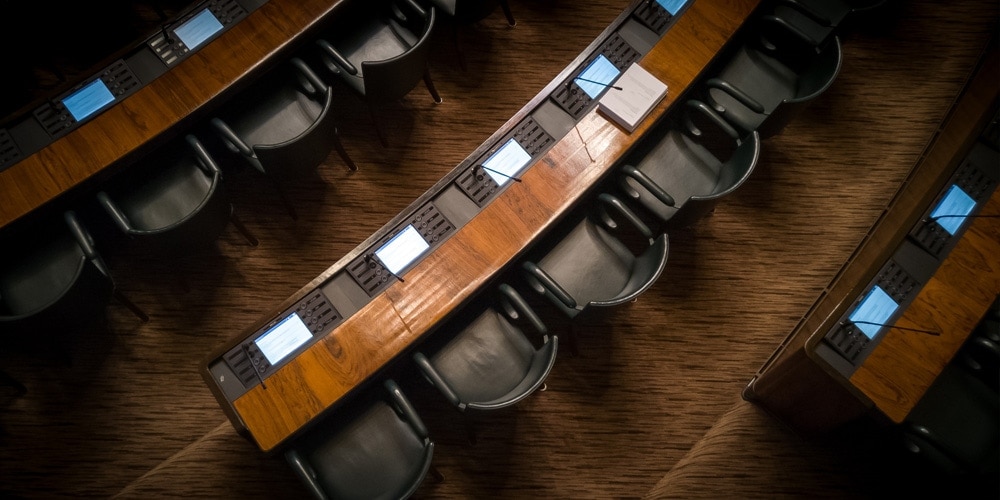
The Seventh-day Adventist Church in Australia has welcomed the release of the second exposure draft of the Australian government's religious discrimination bill.
Prime Minister Scott Morrison and Attorney-General Christian Porter released the revised bill on December 10, 2019. They say it incorporates many of the key changes that were suggested by religious bodies and other stakeholders after the first draft bill was released in August 2019.
Michael Worker, Australian Union Conference public affairs and religious liberty director, said they are pleased to see that many of the concerns raised by leaders of the Adventist Church and other faiths have been addressed in the second draft of the bill. He recognizes, however, that there is still some way to go in addressing some significant flaws that remain.
“As a church we appreciate the willingness of the government to take the time to listen to our concerns and that these concerns are reflected in the second exposure draft,” Worker said. “We look forward to the continued dialogue and for the opportunity to provide feedback on the revised bill.
“We believe that it is important that people of faith and those of no faith at all have the opportunity to appropriately and reasonably live out and express their beliefs in our pluralistic modern society without fear,” he said.
“We also believe that it is important that all of the ministries that we undertake as an expression of our faith and beliefs, such as local churches, schools, health, and aged care and charitable activities, are appropriately protected. The purpose of this is so that we can continue to make a positive impact on society through living out the mission of Jesus as expressed in Matthew 19 — to preach, teach, and heal.”
The government received almost 6,000 written submissions to the first draft of the bill. During the consultation process, Porter met personally with close to 100 stakeholder groups to hear their views firsthand.
As a result of that consultation, key changes to the first bill include:
Amendments have also been made to the bill to clarify the application of certain provisions. For example, the term “vilify” has been defined as incitement of hatred or violence. In addition, a definition of “conscientiously object” has been included in response to suggestions from a range of stakeholders, including the Australian Medical Association.
“As we have said, this is not a process that should be rushed. What is important is that we get this legislation right and deliver lasting reforms that provide real protections for all Australians,” Morrison said.
Leaders said that in due course, the Seventh-day Adventist Church in Australia, after giving detailed consideration to the bill, will make a submission to address concerns in the draft.
The original version of this story was posted by Adventist Record.